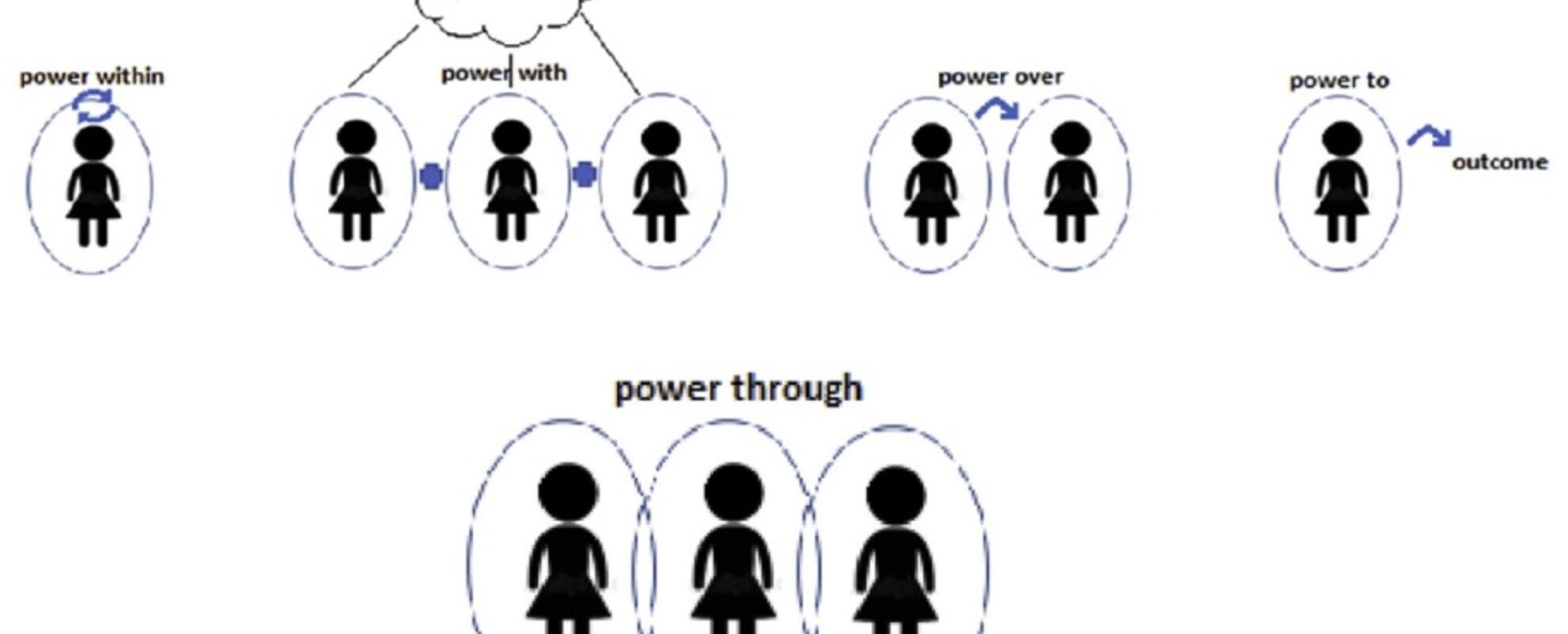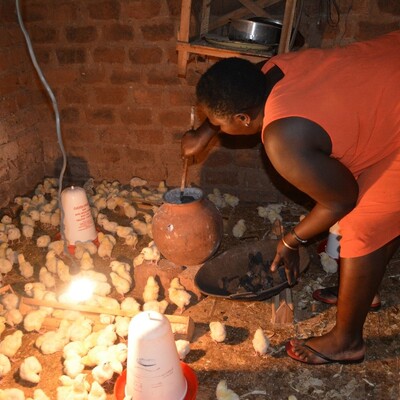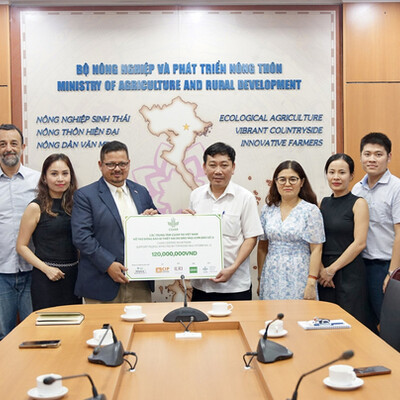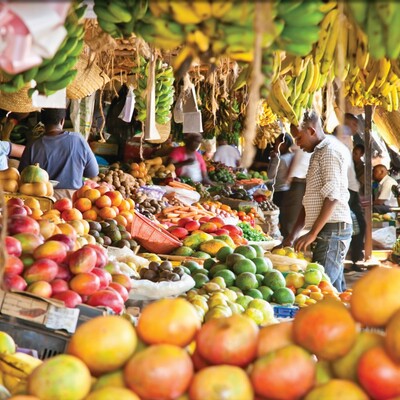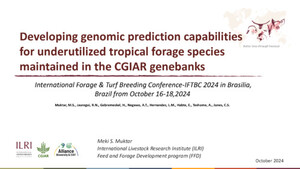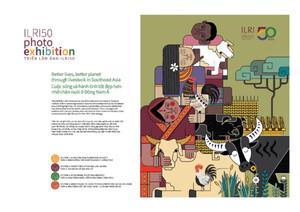
Power through: a new concept in the women empowerment discourse
Recent webinar and paper on the empowerment discourse now available
The capability of women for self-determination: to take control over their own circumstances and to realize their aspirations in order to live a life they have reason to value is referred to as women’s empowerment. Women’s empowerment is a multi-dimensional process that necessarily entails social relations among individuals, groups of people, and institutions. But this relational nature of empowerment is not easily captured in current empowerment efforts.
Over time, four definitions of power have been developed and are now widely used to better understand the concept of ‘power’ in empowerment— ‘power within’, ‘power with’, ‘power over’ and ‘power to’.
 Power through image (credit: ILRI / Alessandra Galiè).
Power through image (credit: ILRI / Alessandra Galiè).
The paper ‘Power through: A new concept in the empowerment discourse’ by Alessandra Galiè, a senior gender scientist at the International Livestock Research Institute (ILRI) and Cathy Rozel Farnworth, an independent researcher, offers a new perspective on the role of ‘power through’ in women’s empowerment. Based on a research that was carried out between 2006 and 2017 in agricultural communities in Syria, Kenya and Tanzania, the study’s findings suggest that the four definitions of empowerment, despite their richness and range, fail to capture something important in the way empowerment is experienced by women.
Galiè and Farnworth argue that the concept of ‘power through’ captures ‘an involuntary aspect of empowerment and dis-empowerment: that of individual power won, and lost, through changes in the empowerment status of others, or through relating to others’.
This research explores the empirical evidence that prompted the development of the concept and discusses its conceptual and methodological implications. Although the concept is based on a limited set of findings, the authors aim to stimulate further discussions on an aspect of empowerment – that of its relational and non-agentic nature – that needs further scrutiny.
Galiè and Farnworth recently hosted a webinar on the CGIAR Collaborative Platform for Gender Research to explore the subject further. A recording of the webinar can be accessed here,
The full paper can be accessed here.
The presentation can be accessed on SlideShare here.





